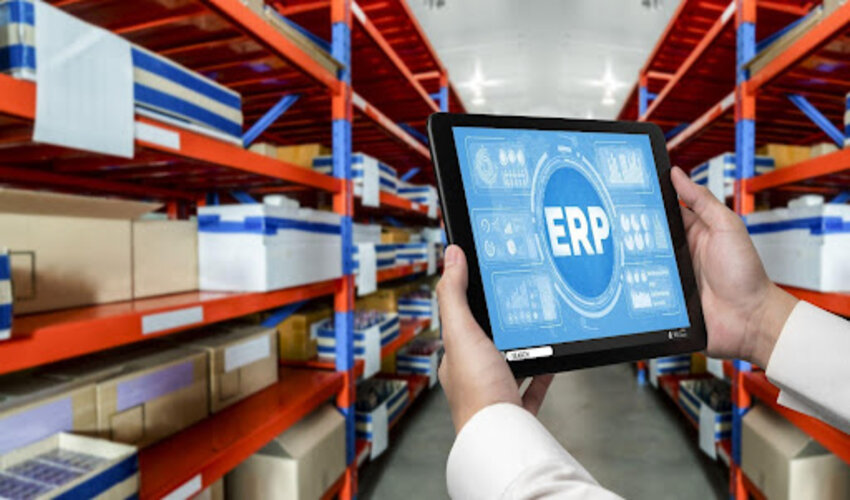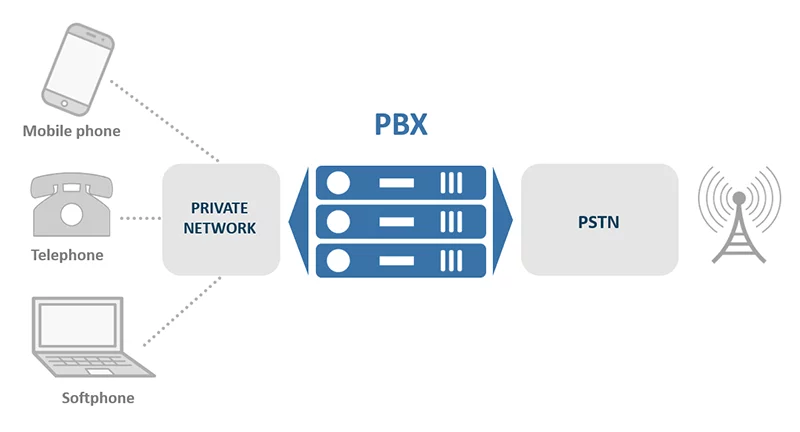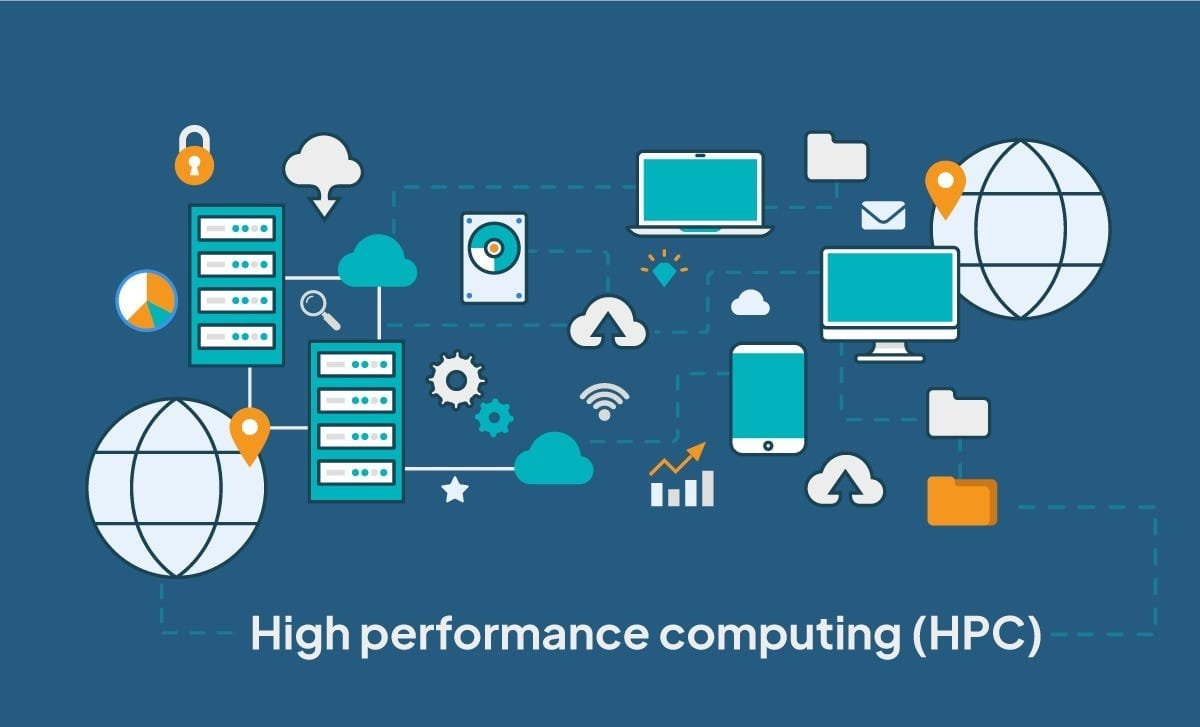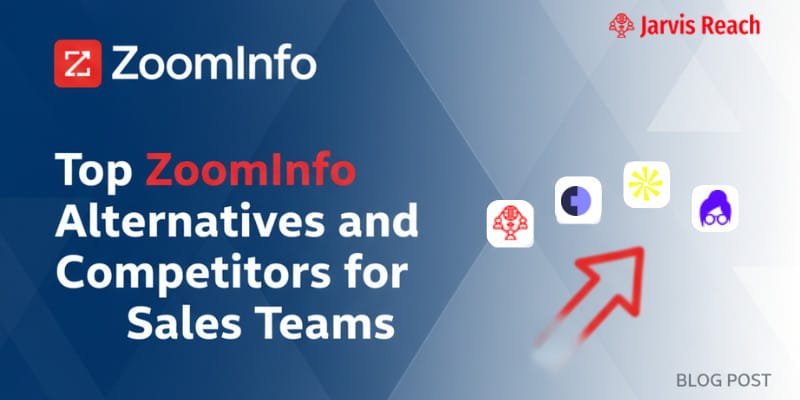I. Introduction
Manufacturing ERP Software is a powerful tool for companies seeking to streamline operations and improve performance in the manufacturing industry. It automates core business processes, consolidates functions like finance, HR, supply chain management, and customer relationship management, and provides a unified database for seamless communication and data sharing across departments.
ERP software streamlines manufacturing operations, increasing productivity by managing production planning, inventory control, procurement, and shop floor operations. It optimizes resource allocation, reduces lead times, minimizes wastage, and enables real-time monitoring and data collection for better decision-making.
II. Streamlined Operations and Improved Efficiency
A. Integration of manufacturing processes with ERP software
Implementing ERP software allows seamless integration of various manufacturing processes. Traditionally, separate systems are used for inventory management, production planning, procurement, and quality control, leading to data silos and inefficiencies.
ERP software centralizes and integrates these processes into a single platform. It utilizes a shared database to ensure smooth data flow across departments. For example, a sales order triggers automatic production planning, updates inventory levels, and initiates procurement. This integration eliminates manual work, reduces errors, and provides real-time visibility into the entire manufacturing process.
B. Benefits of automation and real-time data tracking
Manufacturing ERP software automates repetitive tasks, freeing up resources and reducing errors. It accelerates processes, improves quality, and minimizes rework.
Real-time data tracking is another advantage. ERP systems integrate with production equipment, capturing data on KPIs, machine utilization, and production rates. This empowers manufacturers to monitor operations, identify bottlenecks, and make timely adjustments. Managers access up-to-date dashboards and reports for data-driven decision-making.
C. Optimization of inventory management and production planning
Manufacturing ERP optimizes inventory management and production planning. It provides a comprehensive view of inventory levels, demand forecasts, and supplier lead times, enabling optimal stock levels and minimizing excess inventory.
The software facilitates efficient production planning considering capacity, material availability, and demand forecasts. Manufacturers generate accurate production schedules, allocate resources effectively, and adjust plans based on real-time changes in demand or supply.
III. Enhanced Visibility and Decision-Making
A. Centralized nature of ERP software and its impact on visibility
Manufacturing ERP centralized nature enhances visibility by consolidating data from various departments into a single platform. This provides a real-time view of operations, allowing managers to access up-to-date information and metrics related to production, inventory, sales, and finance. It enables a holistic understanding of operations, identification of trends, and proactive decision-making.
B. Real-time data and analytics for informed decision-making
ERP software utilizes real-time data and analytics to enable informed decision-making. By capturing data from multiple sources, ERP systems provide accurate information for analysis. Built-in analytics tools enable in-depth analysis, reports, and visualization of key metrics. Data-driven decisions can identify trends, performance gaps, and optimize workflows. Real-time data and analytics also enable swift market response, adjusting production plans, inventory levels, and marketing strategies, ensuring competitiveness and capitalizing on opportunities.
C. Importance of accurate forecasting and resource allocation
ERP software plays a crucial role in manufacturing by providing accurate forecasting and resource allocation. By analyzing historical data and market trends, ERP systems generate precise forecasts for sales, production, and inventory requirements. This aligns production and inventory with demand, reducing stockouts and excess inventory, improving customer satisfaction and cost reduction. ERP software also helps identify underutilized resources, maximizing operational efficiency. This combination optimizes operations, minimizes waste, and responds effectively to market demands, enhancing productivity and competitiveness.
IV. Improved Customer Satisfaction and Sales
A. ERP software for better customer relationship management
Manufacturing ERP software facilitates better customer relationship management (CRM) by integrating customer-related data and processes. It captures and consolidates customer information into a centralized database, allowing businesses to provide personalized and efficient customer service. ERP systems enable timely order tracking and management, enhancing transparency and building trust with customers.
B. Benefits of faster order processing and improved delivery timelines
Manufacturing ERP accelerates order processing and improves delivery timelines. By automating order management processes, ERP systems ensure timely and accurate processing. Real-time visibility into inventory levels and production schedules allows businesses to optimize order fulfillment, minimizing lead times and improving delivery timelines. This enhances customer satisfaction, increases repeat business, and drives sales.
C. Importance of data-driven insights for targeted marketing and customer satisfaction
ERP software provides data-driven insights for targeted marketing and customer satisfaction. By analyzing customer data and market trends, businesses can understand customer preferences and personalize marketing efforts. ERP systems enable the segmentation of customers, allowing tailored campaigns and promotions. Gathering feedback and tracking satisfaction metrics helps identify areas for improvement and enhance the customer experience. Integration with customer service systems streamlines issue resolution, further improving customer satisfaction and loyalty.
V. Scalability and Growth Opportunities
A. ERP software for business growth and expansion
Manufacturing ERP accommodates business growth and expansion by offering scalability and flexibility. It handles increased data loads and transaction volumes while maintaining performance. ERP systems allow businesses to easily scale operations by adding users, and modules, or expanding into new locations. Integration with other applications supports seamless data flow and communication, enabling businesses to leverage new technologies and expand their digital capabilities.
B. Flexibility through customization and modular features
ERP software provides flexibility through customization and modular features. It can be customized to align with specific workflows and business rules. Businesses can configure data fields, workflows, and permissions to adapt the software to their needs. Modular features allow businesses to select and implement modules gradually, starting with core functionalities and expanding as requirements evolve. This approach optimizes fit and minimizes disruption.
C. Potential for innovation and competitive advantage
Manufacturing ERP software offers potential for innovation and competitive advantage. It serves as a centralized repository for data and insights, enabling analytics, predictive modeling, and business intelligence. By analyzing data, businesses can identify trends, make informed decisions, and optimize operations. ERP systems provide a platform for driving innovation, improving efficiency, and gaining a competitive edge.
VI. Conclusion
In conclusion, if you operate a manufacturing business, it is crucial to consider implementing ERP software to unlock your business’s full capabilities. With ERP software, you can streamline operations, allocate resources effectively, and enhance customer satisfaction. It provides centralized visibility, real-time analytics, and informed decision-making. Embrace the possibilities of ERP software and embark on a journey towards increased efficiency, competitiveness, and success. It’s time to showcase your business’s potential and thrive in the dynamic manufacturing industry.
Author Bio
Sneha Rakte is a skilled communication specialist who possesses a strong ability to understand and meet the needs of clients. She has a particular talent for creating compelling sales copy and content that effectively drives conversions. Currently, Sneha is employed at Sage Software Solutions, a prominent company renowned for providing top-notch ERP Software and CRM solutions to small and medium-sized enterprises in India.















Leave a Reply